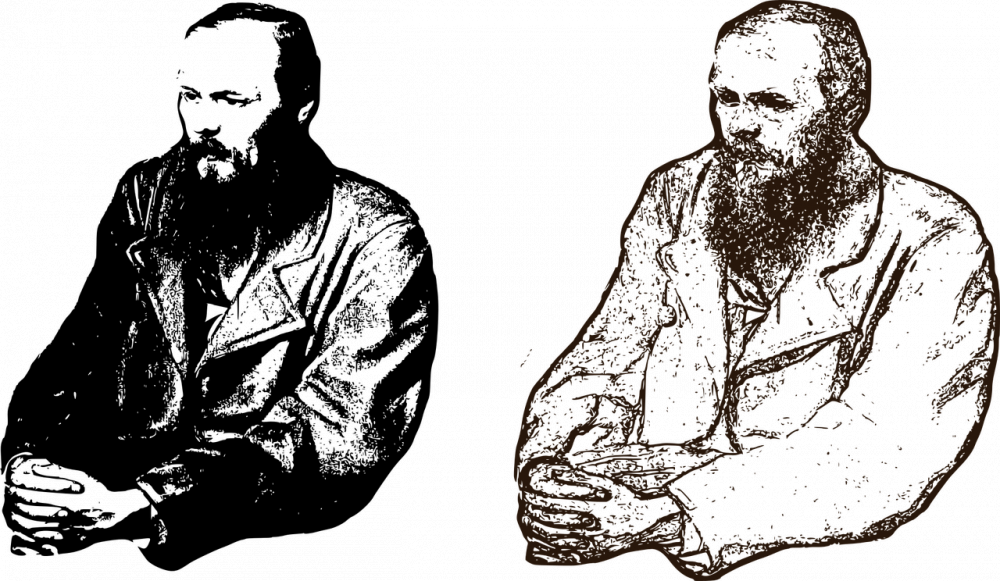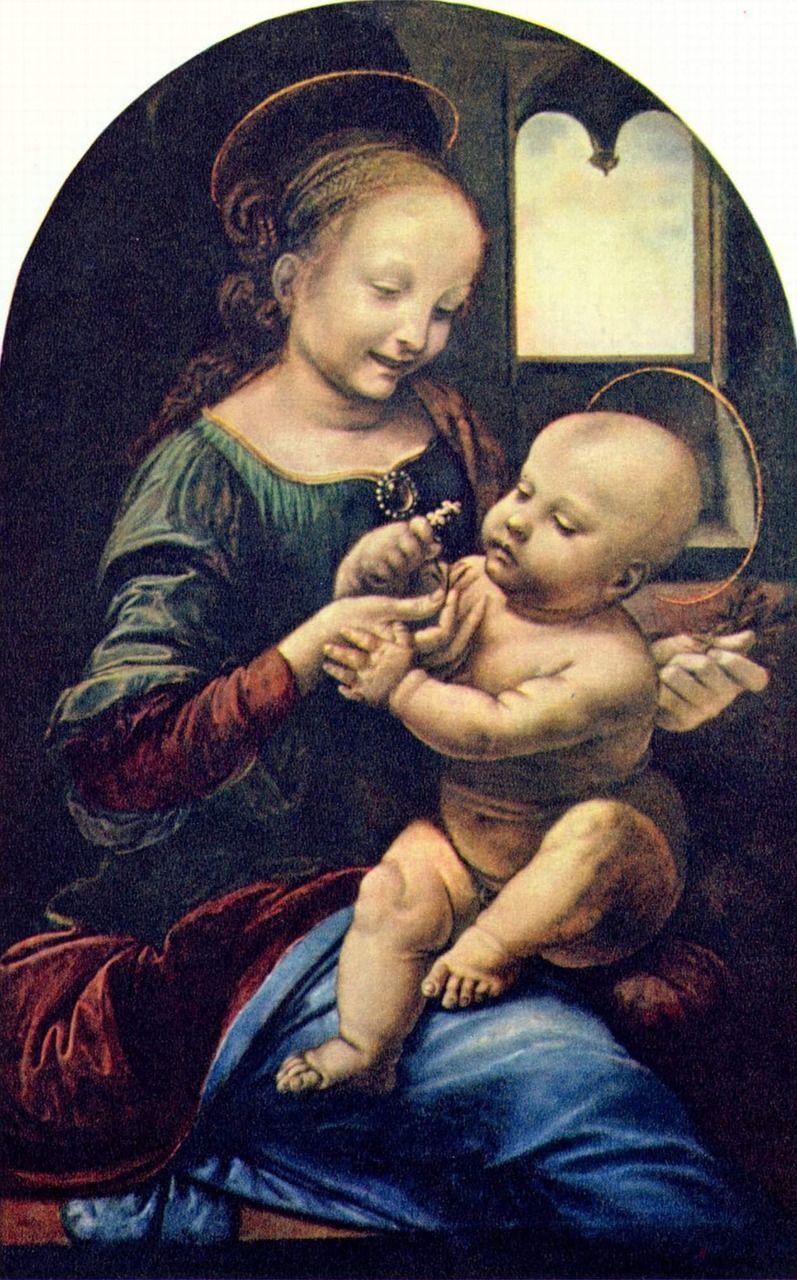George Orwells Animal Farm: A Literary Masterpiece Examined

Introduction to Animal Farm
George Orwell’s Animal Farm is a renowned literary work that continues to captivate readers with its powerful portrayal of political oppression and allegorical storytelling. Published in 1945, this novella has not only established itself as a classic but has also served as a significant commentary on totalitarian regimes, corruption, and the potential dangers of power.
Animal Farm tells the story of a group of farm animals who revolt against their human owner, Mr. Jones, in a quest for freedom, equality, and a fair society. Led by the boar named Old Major, the animals establish their own farm where all creatures are meant to be treated equally, and their labor is meant to benefit everyone. However, as the story unfolds, the pigs, led by Napoleon, gradually seize control of the farm and manipulate the other animals for their own gain.
Historical Evolution of Animal Farm

Since its publication, Animal Farm has undergone various interpretations, adaptations, and influences on literature and popular culture. Let us dive into the historical development of this remarkable work:
– Initial Reception and Symbolism: Upon its release, Animal Farm received mixed reviews, with some praising Orwell’s satire and allegory, while others criticized its overt social commentary. The novel’s power lies in its ability to symbolize historical events and political ideologies. The pigs represent the leaders of the Russian Revolution, with Napoleon reflecting Joseph Stalin and Snowball reminiscent of Leon Trotsky.
– Cold War Era: As the world grappled with the aftermath of World War II, Animal Farm assumed even greater significance during the Cold War. Orwell’s depiction of a totalitarian regime resonated with the fears of communism’s spread, and Animal Farm became a symbol of resistance against oppressive regimes.
– Academic and Critical Analysis: Animal Farm gained further prominence in literary circles, prompting academics and scholars to interpret its themes, symbols, and political allegory. Orwell’s work came to be seen as a critique of totalitarianism in general, transcending its initial historical context.
– Cultural Adaptations: Animal Farm’s impactful narrative has inspired various adaptations across different mediums. For instance, a 1954 animated film by the same name brought Orwell’s story to life, while subsequent stage adaptations have continued to engage audiences. Animal Farm’s themes of power, corruption, and manipulation have made it perennially relevant, influencing numerous artistic works.
Impact and Legacy
Over time, Animal Farm’s significance has only grown, solidifying its position as a literary masterpiece. Here are some key reasons why this work continues to resonate with readers today:
– Social and Political Relevance: Animal Farm remains relevant due to its ability to depict the dangers of totalitarianism and the manipulative tactics employed by those in power. Its exploration of abuse, inequality, and corruption serves as a cautionary tale for society at large.
– Educational Value: Animal Farm is often studied in schools and universities, as its themes and allegorical elements provide valuable insights into politics, history, and human behavior. Orwell’s narrative encourages critical thinking and prompts students to analyze power dynamics in society.
– Continued Cultural Impact: Animal Farm’s ideas and themes have seeped into popular culture. Phrases like “All animals are equal, but some animals are more equal than others” have become ingrained in the collective conscience, highlighting the influence of Orwell’s work.
In conclusion, George Orwell’s Animal Farm remains an enduring work of literature that resonates with readers across generations. Its portrayal of political corruption, abuse of power, and manipulation serves as a timeless reminder of the dangers inherent in society. As Orwell famously wrote, “All animals are equal, but some animals are more equal than others.” Animal Farm continues to captivate and challenge readers, making it an essential read for anyone interested in exploring the complexities of human nature and political systems.
( Sources:
1. George Orwell’s Animal Farm: A Study Guide. (2021). Retrieved from https://www.sparknotes.com/lit/animalfarm/
2. George Orwell’s Animal Farm: Understanding the Background and Context. (2021). Retrieved from https://www.cliffsnotes.com/literature/a/animal-farm/george-orwell-biography)





